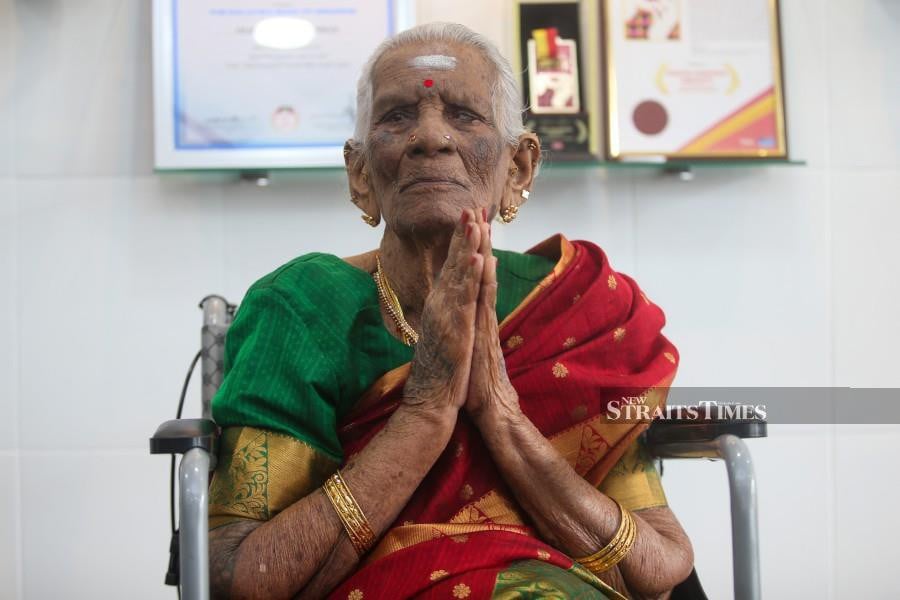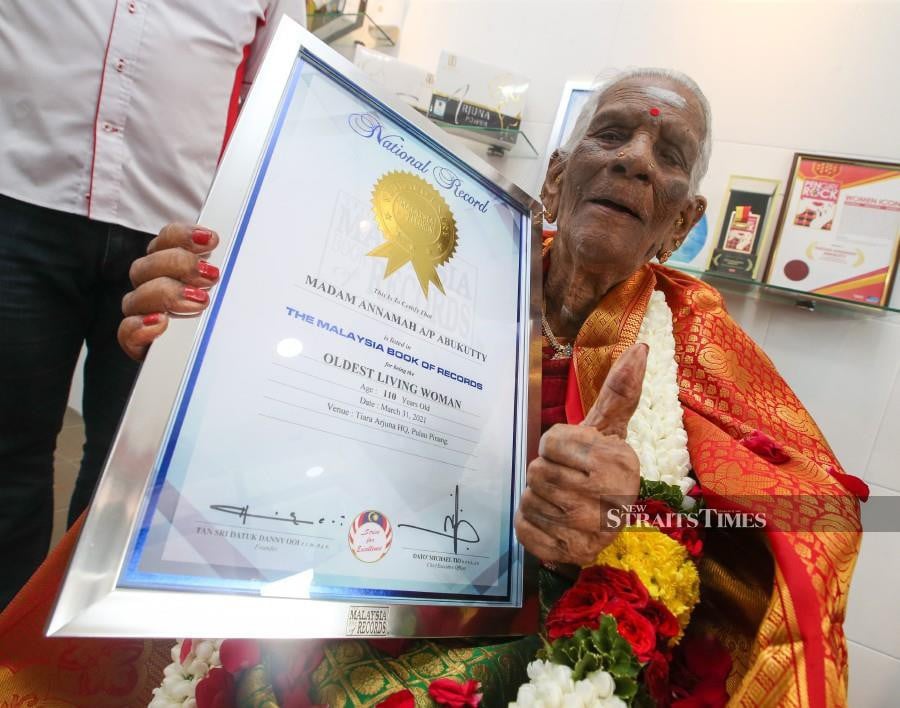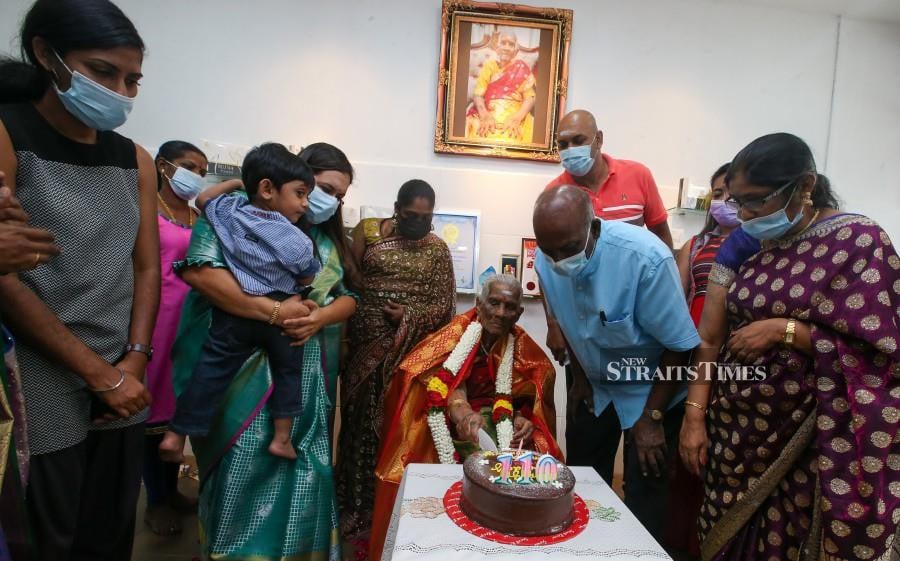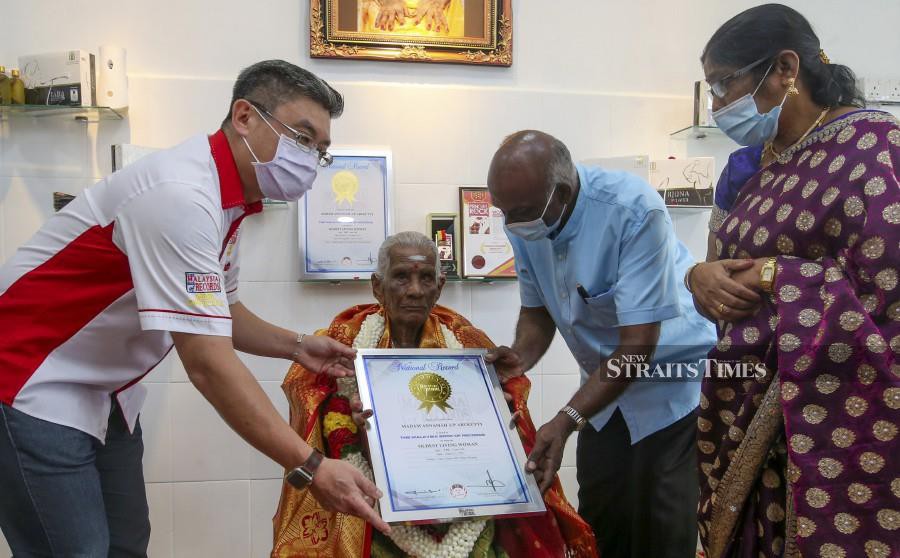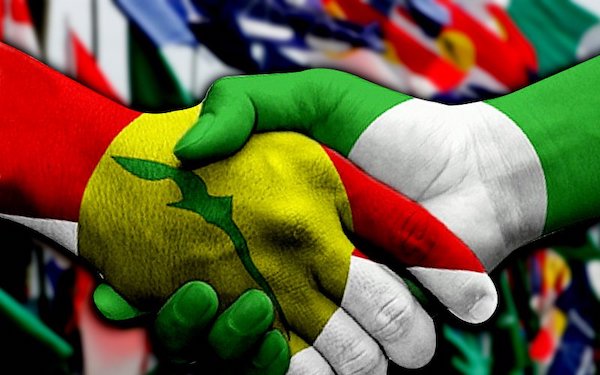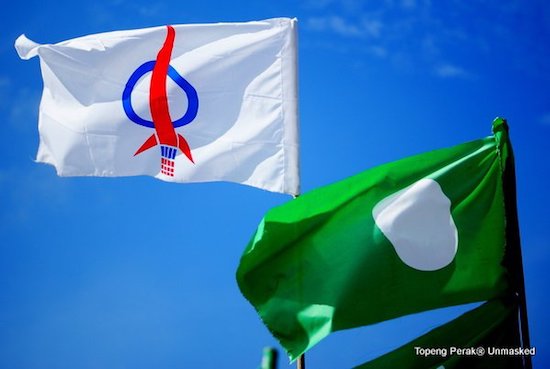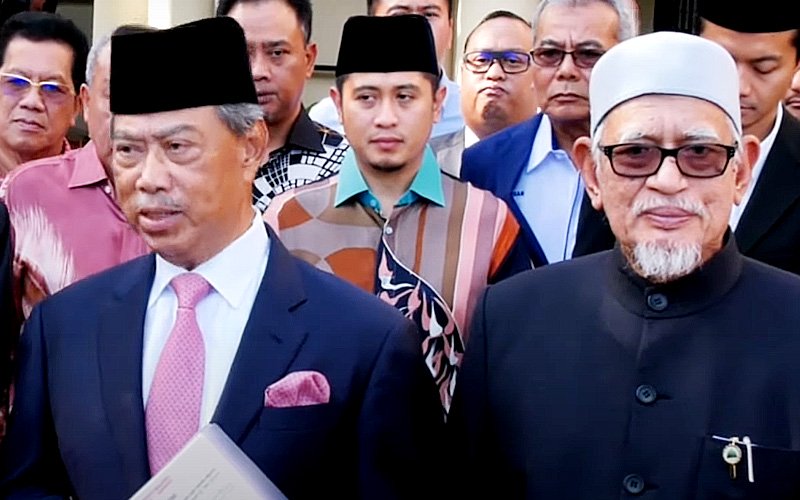
From Kua Kia Soong
The government’s New Economic Policy (NEP), announced in 1970, was embodied in the Second Malaysia Plan (SMP) (1971-1975) and elaborated on in the Outline Perspective Plan for the period 1971 to 1990 in the Mid-Term Review of the SMP.
Abdul Razak Hussein, who succeeded Tunku Abdul Rahman as prime minister after the May 13 incident, stated that the twin aims of the NEP were the restructuring of Malaysian society to correct the economic imbalance between the races and the eradication of poverty.
The method by which the government proposed to “correct the economic imbalance” was to increase Malay ownership of the share capital of limited companies from about 1.5% in 1970 to 30% by 1990.
It was noticeably clear to all that 1990 was the expiry date for the NEP. The recently launched Shared Prosperity Vision 2030 (SPV) is but a rehash of the NEP, with similar emphasis on race-based Bumiputera policies and a similar failure to address fundamental questions relating to the corporate sector, education and racial polarisation.
Through the 50 years of the NEP, hardcore poverty has been largely eliminated, the Malay middle class has grown, the economy has diversified, and Malaysia has become an upper middle-income nation.
Clearly, the aim of correcting the “economic imbalance between the races” has been achieved and at least since 1990, the “commanding heights” of the Malaysian economy, notably the banking sector, have been in the hands of Bumiputeras.
While the middle class among the non-Bumiputeras have adapted as best they can to this racially discriminatory policy, the working class, and the poor among the non-Bumiputeras have had to cope with a life of abject poverty and marginalisation.
They have also been forced to pay exorbitant fees in the private colleges and universities, which have grown out of the discriminatory policies operating in the public tertiary institutions.
Nevertheless, the NEP has clearly been abused by “Umnoputras” through the decades and criticised for its shortcomings and impediments to further growth of Malaysian economy and society. In fact, not long after the NEP was implemented, Razak lamented, “Some became rich overnight while others became despicable Ali Babas, and the country suffered economic setbacks.”
Interestingly, the latest critic of the NEP is none other than one of Razak’s offsprings, the corporate star, Nazir Razak.
He has spoken out that “… the principles in the NEP no longer work and have instead led to dysfunctional politics and growing divisions among Malaysia’s communities”.
He has said the status quo is quickly becoming untenable and asked if the country’s leaders had the initiative to develop and implement new political, economic and social systems.
He warned that these festering issues would boil over if the country’s leaders failed to act with urgency to institute reforms.
Moreover, he had the sense to see that for long-term structural issues, you cannot rely on political parties, which tend to focus on very short-term election cycles.
More importantly, he reiterated the fact that the NEP was not meant to be a permanent solution, that is it had an expiry date. Allow me to dissect this elaborate NEP scam.
NEP as a game of statistical charade
A few years ago, in a rare example of professional integrity in Malaysia, Dr Lim Teck Ghee resigned as the research director of the Asian Strategy and Leadership Institute’s Centre for Public Policy Studies over the perversion of statistics on ownership of capital according to ethnicity in Malaysia.
Lim’s report had concluded that Bumiputera corporate equity ownership was much higher than that shown in government statistics. In fact, since the late 1980s, even Gerakan, one of the component parties of then ruling BN coalition had published papers to testify to this fact of “hidden” Bumiputera corporate equity ownership.
More recently, Professor Terence Gomez has pointed out the lack of clarity on the tabulation of such figures on equity ownership, especially whether government-linked companies were included under the category of Bumiputera-held equities.
He has often questioned the race-based criteria for wealth distribution:
“Why the continuing fixation with numbers when many Malaysians, among them even members of BN component parties, have questioned the veracity of these government-released ownership figures?
“Even if Bumiputera equity ownership is increased to 30%, would this mean that wealth has been more equitably distributed among members of this community or between them and other Malaysians? And, most importantly, should we continue to perpetuate a discourse on equitable wealth distribution among Malaysians along racial lines?”
NEP has fostered a golden age of crony capitalism
Was it surprising that throughout the years of the Bumiputera agenda, Malaysia has featured high on The Economist’s crony capitalism index? Uncontrolled rent-seeking has allowed politically well-connected billionaires to double their wealth, thereby posing a threat to the free market, The Economist said.
These rent-seeking industries include those easily monopolised, and that involve licensing or heavy state involvement, which it said was “prone to graft”.
From the 1980s on, Dr Mahathir Mohamad’s privatisation of state assets ensured the divestment of state capital into the hands of favoured Malay crony capitalists. The success of the NEP in restructuring capital has, in the process, increased class differentiation within the Malay community.
Thus, instead of targeting and providing strategic aid to the poor of all ethnic communities, the Umno ruling elite has continued to use the tried and trusted strategies of race-based cash aid and uplift plans aimed at Bumiputeras.
While Bumiputera policies are intended to benefit all Bumiputeras, the reality is that these policies have been usurped by the privileged Malay elite whose weak enterprise culture and expertise has had damaging consequences for the economic health of the nation.
The bureaucracy has grown in tandem with the populist measures by the state capitalist class to carve out bigger and bigger slices of the rural and urban economic pie.
Some of the most fabulous financial scandals happened during Mahathir’s term as prime minister — the Maminco-Makuwasa scandal in 1981 incurred a loss of RM1.6 billion or more; the Bank Bumiputra and Bumiputra Malaysia Finance scandal in 1984 saw RM2.5 billion lost in loans and a bank official murdered in Hong Kong; the Bank Negara Malaysia foreign exchange losses of between RM16 billion and RM31 billion in 1992; Perwaja Steel which made accumulated losses of RM9.9 billion by 1996.
The economic recession during the mid-1980s hastened the process of privatisation by Mahathir with the passage of the Promotion of Investment Act 1986 to open the economy to private investments.
Thus, one state sector after another became corporatised followed by privatisation: Telekom in 1987, followed by Malaysian Airlines, MISC (the shipping corporation), TV3, North-South Highway, Pos Malaysia, the electricity board (TNB), the railways (KTM) and Hicom (heavy industries).
The privatisation policy involved Umno-linked businessmen using personal connections to influence the allocation of those favours.
Since that time, Bumiputeras have been given, among other privileges, priority for government contracts, increased access to capital, opportunities to buy assets that are privatised and other subsidies.
Those who benefited most from these privatisation transfers were the Umno state capitalists. The leader of the opposition called this “piratisation”.
With the overnight affluence among the Umno leaders, money politics became the norm in the party elections and the stock market was blatantly manipulated to raise funds for the political campaigns.
The periodic power struggles within Umno often produce unexpected revelations of great interest to the people. Thus, in November 1994, it was revealed that relatives of top Umno politicians had been profiting from the preferential share-allocation scheme originally designed to help ordinary Malays under the NEP.
All in all, Barry Wain claimed that during his term in office from 1981 to 2003, Mahathir lost or squandered RM100 billion through mismanagement, corruption and financial scandals.
If it had not been for the fortuitous flow of oil, most of the prestige projects associated with the Mahathir era would not have been possible. Still, the profligate spending on these projects has left little for reinvestment and social services by our sovereign wealth fund for the present and future generations.
The scandal surrounding our sovereign wealth fund, 1MDB, leading to the charge against prime minister Najib Razak, another son of Razak, is perhaps one of the most fabulous examples of the NEP’s abuses.
More recently, we see Syed Mokhtar Al-Bukhary holding stakes in the government-linked Media Prima, Bernas, Pos Malaysia, MMC Bhd and DRB Hicom.
He also holds the lucrative 5G contract, given not long after Mahathir resigned as prime minister in 2020.
NEP is an obstacle to attaining high-income status
According to an International Monetary Fund working paper, Malaysia, as compared with other Asian countries, faces a larger risk of a slowdown stemming from institutional and macroeconomic factors.
A recent Asia Foundation Report also points to a compelling need for Malaysia to shift from a race-based to a needs-based policy to address imbalances in society and improve the democratic process to ensure good governance and that the rule of law prevails.
It points out that poor institutions could deter innovation, hamper the efficiency of resource allocation, and reduce the returns to entrepreneurship.
The report goes on to reason that despite the numerous bold policy measures and long-term plans introduced by the government over the years, Malaysia’s economic progress continues to be plagued by a lack of innovation and skills, a low level of investments in technology, declining standards in education, relatively high labour cost and sluggish growth in productivity.
These lagging factors can be traced to the continuation of a backward racial discriminatory policy.
Thus far, Malaysia’s education system has failed to produce the skills and talent required to take the country’s economy to the next level. A key obstacle lies in the government’s failure to promote a fair and open economy. The Bumiputera policy and insufficient checks and balances continue to hamper the country’s economy, leading to poor practices in governance.
Under the NEP, wages have been suppressed by bringing in millions of workers from Indonesia, Bangladesh, Myanmar and the Philippines. A significant number of them have become Malaysian citizens over the years, altering the overall racial and religious balance in the country itself.
Until today, the government has not shown a willingness to increase minimum wages, which could help the poor B40 increase their incomes. These are holding back our avowed attempt to become a high-income society.
Time for a new national policy
Thirty years beyond the 1990 expiry date for the NEP, it is time to face facts and recognise what is working in the national interest and dispense with what is not. The question is, are we serious about ensuring Malaysia embarks on a path of a socially just, fair, and democratic development?
If so, then a new national policy must be implemented, with a new socially-just affirmative action policy based on need/class or sector and not on race with priority given to indigenous people, the marginalised and poor communities.
Only such a race-free policy can convince the people that the government is socially just, fair and democratic.
The cost and consequences of the racially discriminatory policy in Malaysia have been immense, especially since the NEP in 1971. It has caused a crippling polarisation of Malaysian society and a costly brain drain.
While the Chinese middle and working classes in Malaysia have largely adapted to this public sector discrimination by finding ways to make a living in the private sector, this has not been so easy for working-class Indians.
Many Malaysian Indians have found themselves marginalised, much like the African-Americans in the US were, especially after the destruction of the traditional plantation economy. The cost of preferential treatment has also seen greater intra-community inequality, with higher class members creaming off the benefits and opportunities.
More potentially dangerous and insidious is the effect this widespread racial discrimination has had on ethnic relations in this country. It is time to improve the quality of education, get better quality investments in, raise productivity, and hence labour wages, and provide equal opportunities for growth and innovation among all communities.
We need to institutionalise means testing for any access to scholarships or other entitlements and implement merit-based recruitment in civil and armed services. And if we want to be in the United Nations Human Rights Council, it is high time for us to ratify the International Convention on the Eradication of Racial Discrimination.
Last but not least, Malaysia is a signatory to the Sustainable Development Goals, of which a commitment to equality is an indispensable goal. - FMT
Kua Kia Soong is the adviser to Suaram.
The views expressed are those of the writer and do not necessarily reflect those of MMKtT.

